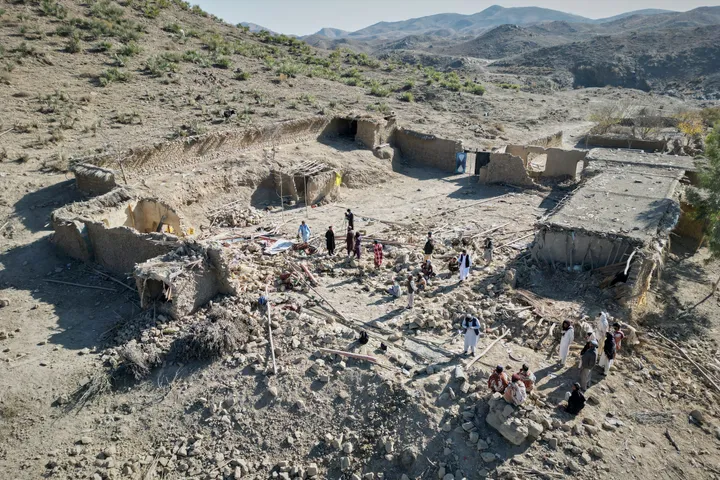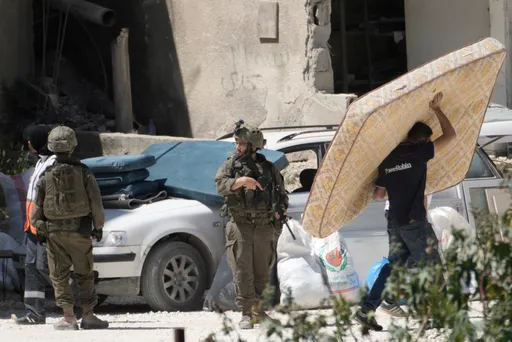Colombians have voted for senator and former guerrilla Gustavo Petro as the left's presidential nominee by a wide margin, making him the front runner in an election that could yield the country's first-ever leftist leader in May.
As predicted, the 61-year-old came out on top in the primaries on Sunday - called inter-party "consultations" - which took place alongside elections for the Senate and House of Representatives, currently in the hands of right-wing parties.
But leftist candidates were projected to win the most seats in Colombia's Senate, as well as contending for second place in the lower house, partial results showed.
With more than 90 percent of polling stations counted, the left's Historical Pact coalition is set to win 17 of the 102 seats in the upper house, according to electoral authority figures.
In the lower house, it looks set to take 25 of the 165 seats in a tie with the Conservatives and behind the Liberals.
Nearly 39 million of Colombia's 50 million inhabitants were eligible to vote in a complex but critical election in a country plagued by violence and growing poverty levels.
READ MORE: Colombians vote in presidential primaries that could mark a historic shift
'Rejection of violence'
Outgoing President Ivan Duque - who called on Colombians to vote as a "rejection of violence" through the "triumph of democracy" - had promised safety "guarantees" for the non-compulsory vote.
The polls came with the president and legislature both at rock-bottom levels of public support.
Centrist Ingrid Betancourt, who was once held hostage by the guerrillas of the now-defunct Revolutionary Armed Forces of Colombia (FARC), won her coalition's nomination on Sunday. She presents herself as an alternative to both the ruling right and Petro.
Sunday's process is to yield three presidential contenders from 15 candidates hoping to represent groups of politically aligned parties - one each for the left, right and center. Three others have already been chosen by their respective groupings.
Six finalists will face off in a first round of presidential elections on May 29, which will be followed by a runoff on June 19 if no one wins an outright majority.
Petro came away with more than 80 percent of the vote for the Historical Pact coalition, winning against environmentalist Francia Marquez, who snagged 15 percent of the left's vote, to represent the group at the polls this spring.
READ MORE:FARC guerrilla group dissidents killed in Colombian military operation























